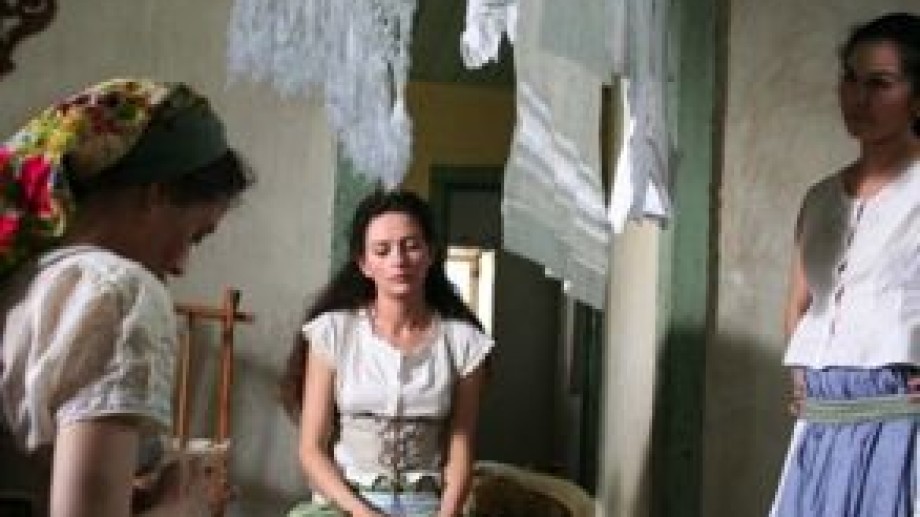
Paulo Rocha's If I Were a Thief… I'd Steal
Ronan Doyle is a member of the second annual Locarno Critics Academy. In this article, he looks at late Portuguese filmmaker Paulo Rocha's prolific career through two films that screened at the festival. You can follow him on Twitter at @baronronan.
Director Paulo Rocha was remembered at the recent Locarno Film Festival with his final film If I Were a Thief… I’d Steal, which played alongside his debut, The Green Years. Green, in fact, first screened at the festival exactly 50 years ago, winning the award for best first feature. The Portuguese filmmaker died in December and, similar to fellow filmmaker Sidney Lumet, his life came to a close after an extended career. His longevity somehow made the loss a bit easier. Yet, even within cinephile circles, Rocha is mostly an enigma outside his homeland. He may not have shared Lumet’s prolificacy, but it takes more than talent alone to maintain a filmmaking career for five decades.
Largely considered one of the defining features of Portugal’s Novo Cinema movement, The Green Years takes cues from Italian neorealism and the then-burgeoning French Nouvelle Vague. Like its 19 year old protagonist, who arrives in Lisbon from his country upbringing to work as a cobbler, the movie represents a cataclysmic clash of cultures: the cyclical procession of studio films and state censorship that characterized the country’s cinema in the ‘50s was upended by Rocha. In Locarno, The Green Years' crowded screening was introduced by Pedro Costa, among Portugal's greatest contemporary directors. He shared how crucial the film had been to him both personally and professionally.
“I’m the protagonist’s grandmother,” joked star Isabel Ruth, also in tow to present the movie, and representing a living testament to the incredible span of Rocha's career, not to mention hers. Also appearing in If I Were a Thief… I’d Steal, Ruth remained Rocha’s muse through his 50-year career, an incredible collaboration that she lovingly recalled with a beaming smile. In The Green Years, she plays a a bold and beautiful young woman who at once represents the glamorous allure of the city and its hubristic dangers.

Paulo Rocha's The Green Years
If their partnership stands as a constant of the Rocha oeuvre, it’s the narrative and visual style that’s the variable. His features are separated by as many as 16 years. The filmmaker's style as seen in If I Were a Thief… I’d Steal varies greatly from The Green Years. Yet all the while there’s a pervasive sense of progression, a tangible through line of evolution that allows audiences to see how one style morphed gradually into another. His last film intersperses another tale of transition and emigration with a wealth of clips that span the length of Rocha’s work.
It’s a beguiling and bewitching way to make a movie that, perhaps, makes the director’s final work an ideal starting point to look back at his filmmaking career. It’s almost as though Rocha was compiling his own retrospective. Indeed, his poor health in the course of production suggests it was purposeful. He interweaves his prior stories with his latest, crafting a collage of characters, each pulled apart and drawn together by the whims and wiles of life. There’s an Eisensteinian quality to the editing, with disparate scenes juxtaposed to tease hidden meaning.
The kinship of his films never quite found the audience it was aimed at, though they certainly had impact on those who did discover them. There’s a fitting line in If I Were a Thief… I’d Steal that points precisely to the importance of its retrospective elements: “It’s our duty, in life, to protect beauty.” It’s the dedication of Ruth that allowed Rocha’s vision to be realized and to find its way to Locarno. The people Rocha left behind have worked together to protect the beauty he captured and to allow others to experience his great artistic imagery. Let’s take Rocha’s death as a reason to celebrate his life, and the crucial things his work has to say about ours.



